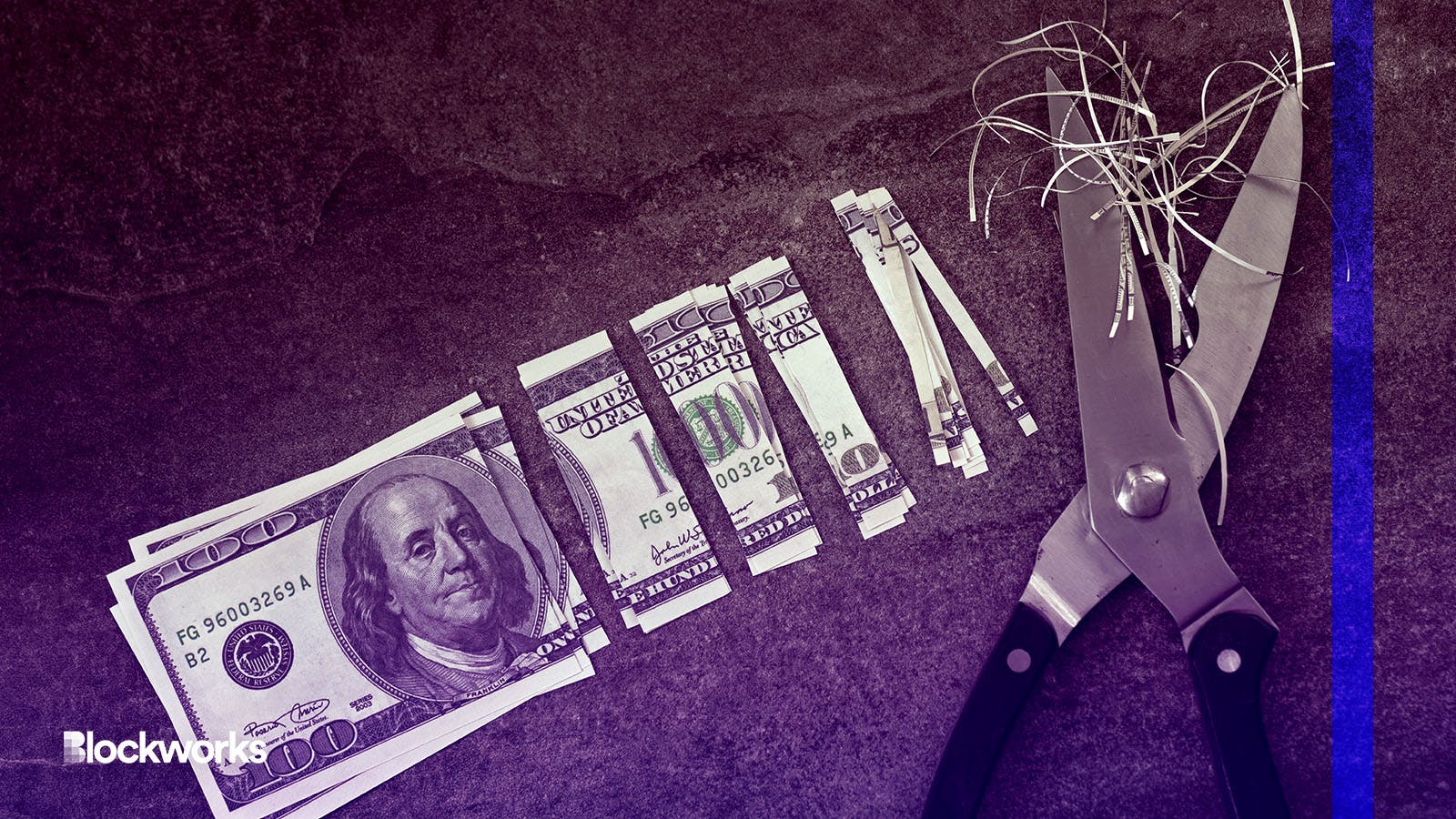Singapore’s Temasek Punishes Execs Who Invested In FTX
The decision to back the exchange, which negatively impacted Temasek’s reputation, has resulted in a pay cut for those behind its doomed $275 million investment

LekaSergeeva/Shutterstock modified by Blockworks
Singapore state holding company Temasek said Sunday it has taken action against the team and senior management behind its $275 million investment into FTX.
The decision to back the exchange, which adversely affected its reputation, has led to a reduction in the salaries of the team members involved, according to a statement.
It follows an independent internal review by an outside party whose findings were presented to the city-state’s sustainability board.
While the review found no misconduct from team members had occurred, Temasek’s decision to reprimand its employees can be viewed as an attempt to save face.
Those responsible have also accepted “collective accountability” for investing $210 million into the global exchange for a 1% minority stake, Temasek said. A further $65 million in investments were made to the exchange’s US subsidiary in October 2021 through to January 2022.
Following the exchange’s downfall in early November of last year, Temasek immediately moved to write down all of its FTX investments.
The holding company is one of two major sovereign wealth funds owned by the government of Singapore. Incorporated in 1974, the company manages a portfolio of around S$403 billion ($297.8 billion) as of March 2022, primarily in Singapore and across the Asia region.
Registering disappointment with the outcome of its investment, Temasek called out FTX’s “fraudulent” activity in the statement as being “intentionally hidden” from investors.
For its part, Singapore has attempted to distance itself from blame that it could have done more to prevent financial harm to citizens and entities within its borders.
“Nevertheless, we are disappointed with the outcome of our investment and the negative impact on our reputation,” the fund said.
CEO Sam Bankman-Fried and other top executives stand accused of diverting crypto valued in the billions from FTX to its trading unit Alameda Research, which subsequently lost the funds through high-risk market bets.
As a result, the exchange business is alleged to have caused significant losses for numerous investors, leading to a prolonged and widespread sell-off across the industry.
Get the news in your inbox. Explore Blockworks newsletters:
- The Breakdown: Decoding crypto and the markets. Daily.
- 0xResearch: Alpha in your inbox. Think like an analyst.






